🤖 Unexpectedly satisfied with the AI Commission's report
I feared Sweden’s AI Commission would end up like so many others—vague compromises and little impact. But what happened instead surprised me.
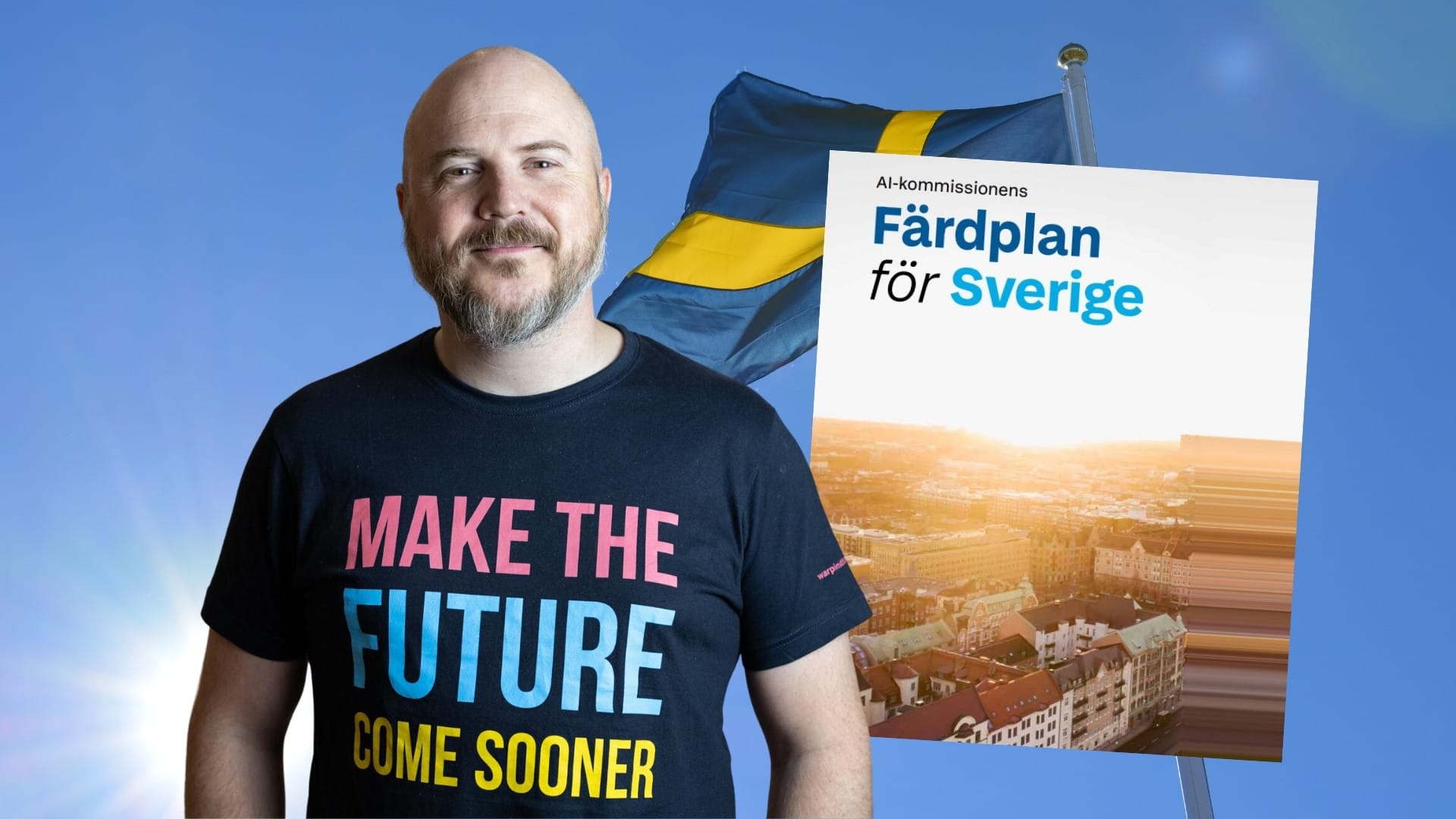
Over the past year, I’ve had the privilege of serving as a member of the Swedish government’s AI Commission. I was thrilled when I was invited to join.
Sweden has historically excelled at early transitions, becoming a leader during the early internet era. However, at the start of the AI era, we’ve been surprisingly slow, and I wanted to help accelerate progress in the country where I live and work. Having spent considerable time studying what we did right in the 1990s, I saw that the same logic could work now as it did then.
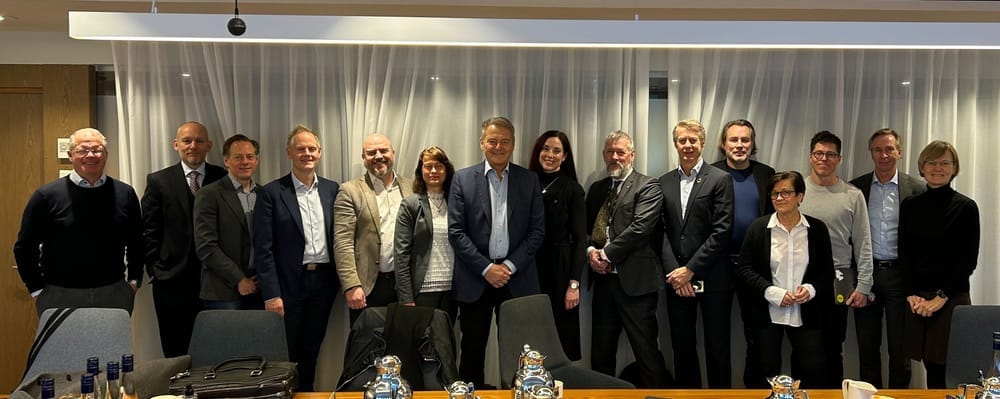
But I’ve participated in many government investigations and working groups before. Often, the results fall far short of the initial hopes. Sometimes, everything is predetermined by someone else, and the working group exists merely for appearances. Other times, extensive compromises result in vague conclusions, or the group becomes deadlocked due to conflicting perspectives.
Aware of these potential pitfalls, I carefully considered what I could personally contribute to the Commission and focused intently on that. I firmly believed—and still do—that the key to success is rapidly and broadly increasing the adoption of AI across society. That’s when creativity and potential are unleashed, and the country that does this best will become one of the leaders.
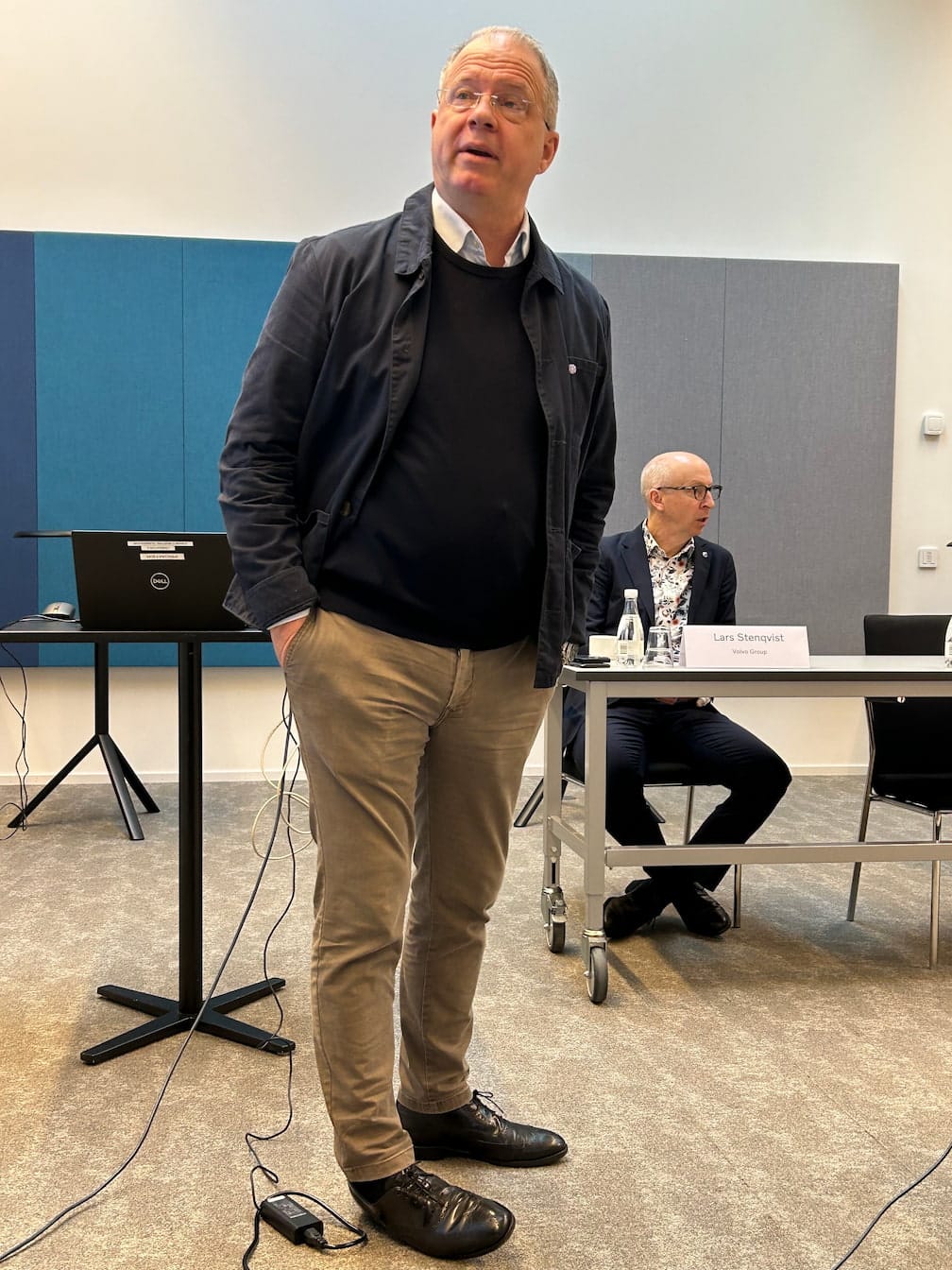
At the same time, it’s important not to rigidly cling to preconceived ideas but to listen to the expertise of the group, which on paper was impressive—and it proved to be so in practice. The chair, Carl-Henric Svanberg, former CEO of Ericsson and chair of BP and Volvo (among other roles), did an excellent job of bringing the group together. Together with the Commission’s secretariat, he facilitated over 200 meetings with more than 150 stakeholders from across Swedish society.
Through these discussions, a clear picture emerged that led the Commission to make an uncharacteristically bold decision for such a group: we decided to submit our report earlier than planned. The government had given us 18 months, but we informed them we needed less time—just 9 months. It was unprecedented for a government commission to request less time, but we received approval.
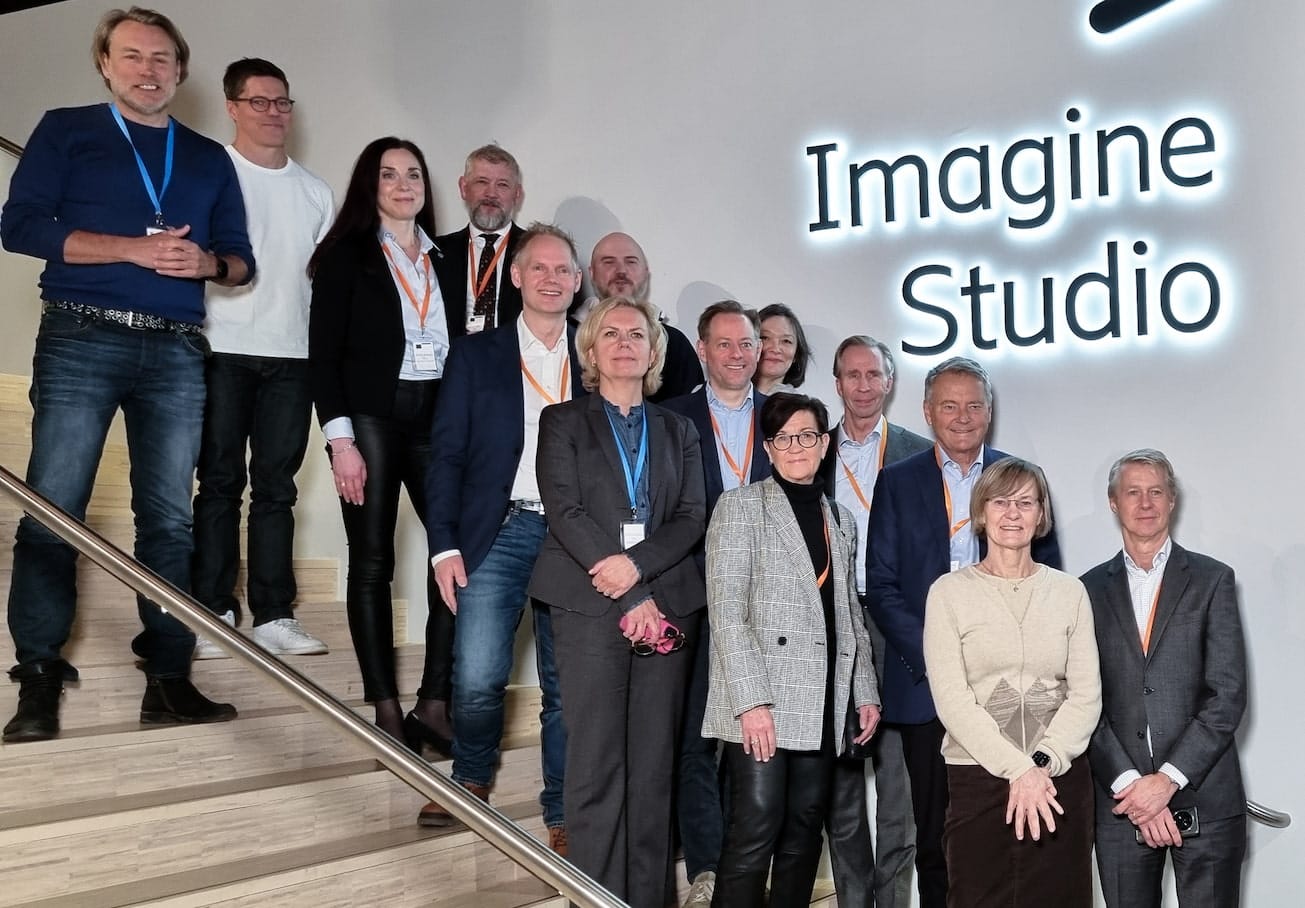
The reason was that Swedish society was moving too slowly in this transition. People were waiting for something, proceeding unnecessarily cautiously. Many were holding off to see what the AI Commission would recommend and how the government would act on those recommendations. Sweden couldn’t afford to wait years to begin its transition, so we needed to deliver our proposals early.
My primary goal was to determine whether there was a way—or several ways—to broadly increase AI adoption across society. Was there a “home PC reform” for the 2020s? The brilliant reform of the 1990s gave millions of Swedes access to personal computers and significantly boosted the use of computers and the internet. My own idea was an AI tax deduction or an AI voucher. Together with the Commission, we concluded that an AI hub was the best solution: a website where Swedes could log in and use premium versions of various AI tools like ChatGPT, Claude, and Perplexity for free.
In addition to making AI accessible to everyone, regardless of financial means, it would send a strong signal that AI is now for everyone—precisely the kind of initiative that could make Sweden a leader in the AI era.
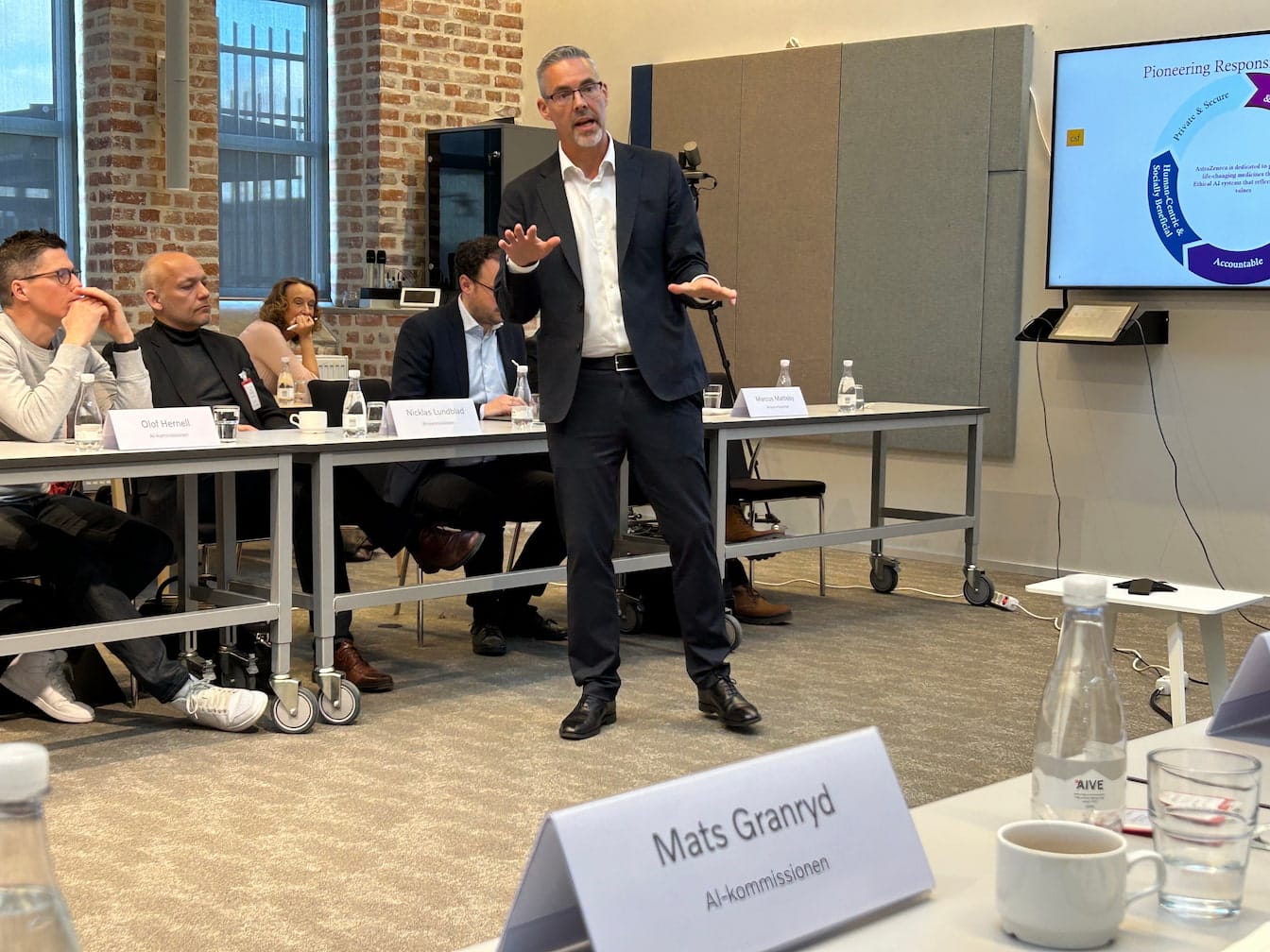
But it wasn’t just this that made me so satisfied with the AI Commission’s report. My initial fears were unfounded. The content wasn’t predetermined; it was genuinely shaped by the Commission. The report isn’t vague or filled with unnecessary compromises. On the contrary, it is concrete and unafraid to take clear positions. In some parts, the critique is sharp—towards policymakers, the EU, and others.
When I came home from the report's release, I lay on the bed and talked to my wife. I felt satisfied. Really satisfied. With everything I had learned, with my own contribution, and with how much we had accomplished together in a short amount of time. It’s rare for me to feel this way. Often, there’s something gnawing at me, something I should have done much better. I don’t claim the report or my own effort was perfect—I’ve identified things I’ll improve next time. But in that moment, I allowed myself to feel proud and draw energy from it for future endeavors.
Here’s more about the report and the work behind it: In English | In Swedish.
Mathias Sundin
Angry Optimist
